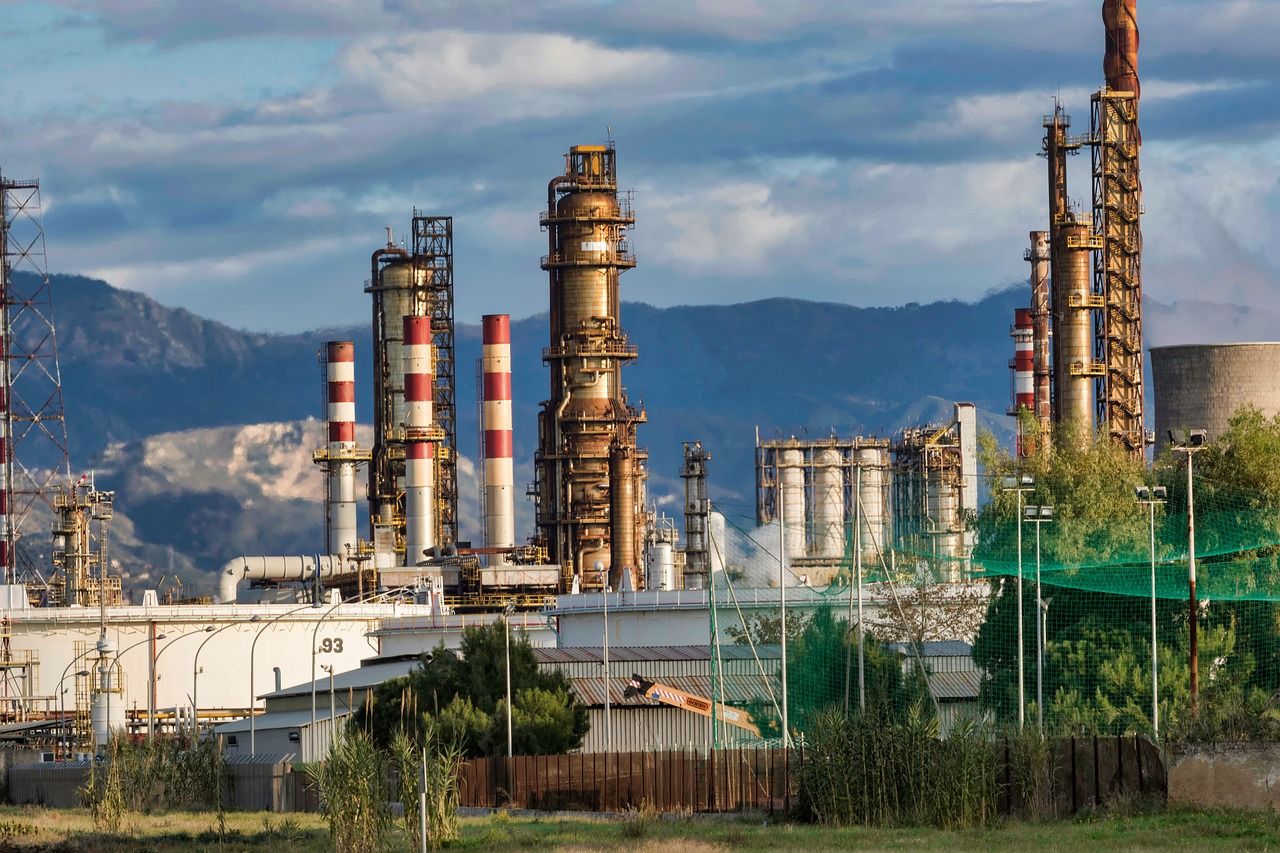Oil prices recovered some losses on Friday but remained on track for their biggest weekly declines since November amid worries over escalating bans on Russian oil versus efforts to increase market supply from other major producers.
Brent crude futures rose 11 cents to $109.44 per barrel at 01.49 GMT after closing 1.6% down on Thursday.
Also Read | Oil prices go up as market weighs OPEC filling Russia’s supply gap
US West Texas Intermediate (WTI) crude futures rose 46 cents or 0.4% to $106.48 per barrel after dropping 2.5% in the previous session.
According to a Reuters report, amid a week of volatile trading marked by talk of Russian oil bans followed by potential supply boosts from Iran, Venezuela and the United Arab Emirates, Brent was heading towards a weekly drop of about 7% after hitting a 14-year high of $139.13. US crude was on the track to a drop of around 8% after touching a high of $130.50.
Also Read | Oil prices continue to rise as US bans Russian imports
Prices dropped this week after it became clear that the European Union will not join the US and Britain in banning Russian oil as it is heavily dependent on Russia for energy supplies.
Russia is the world’s second-largest crude exporter after Saudi Arabia. It exports nearly 3 million barrels per day of crude to OECD countries.
Also Read | SEBI scanner on scamsters giving fraud stock tips on social media
According to ANZ Research, the oil market is not prepared for a supply shock of this magnitude as inventories are at a record low.
“In the near term, supply gaps are unlikely to be filled by extra output from members of the Organization of the Petroleum Exporting Countries and allies, together called OPEC+, given that Russia is part of the grouping,” reported Reuters quoting Commonwealth Bank analyst Vivek Dhar.
Also Read | Rise in global energy prices will hurt India: International Monetary Fund
“They’re tied politically by the structure,” he added.
Additionally, some OPEC+ producers, such as Angola and Nigeria, have failed to meet their production targets, making it more difficult to compensate for Russian production losses.
“All of it is very uncertain. It’s been very difficult to come out with a view,” said Dhar.
According to Commonwealth Bank, Brent oil prices will average $110 in the second and third quarters of this year but could rise as high as $150 in the short term.







